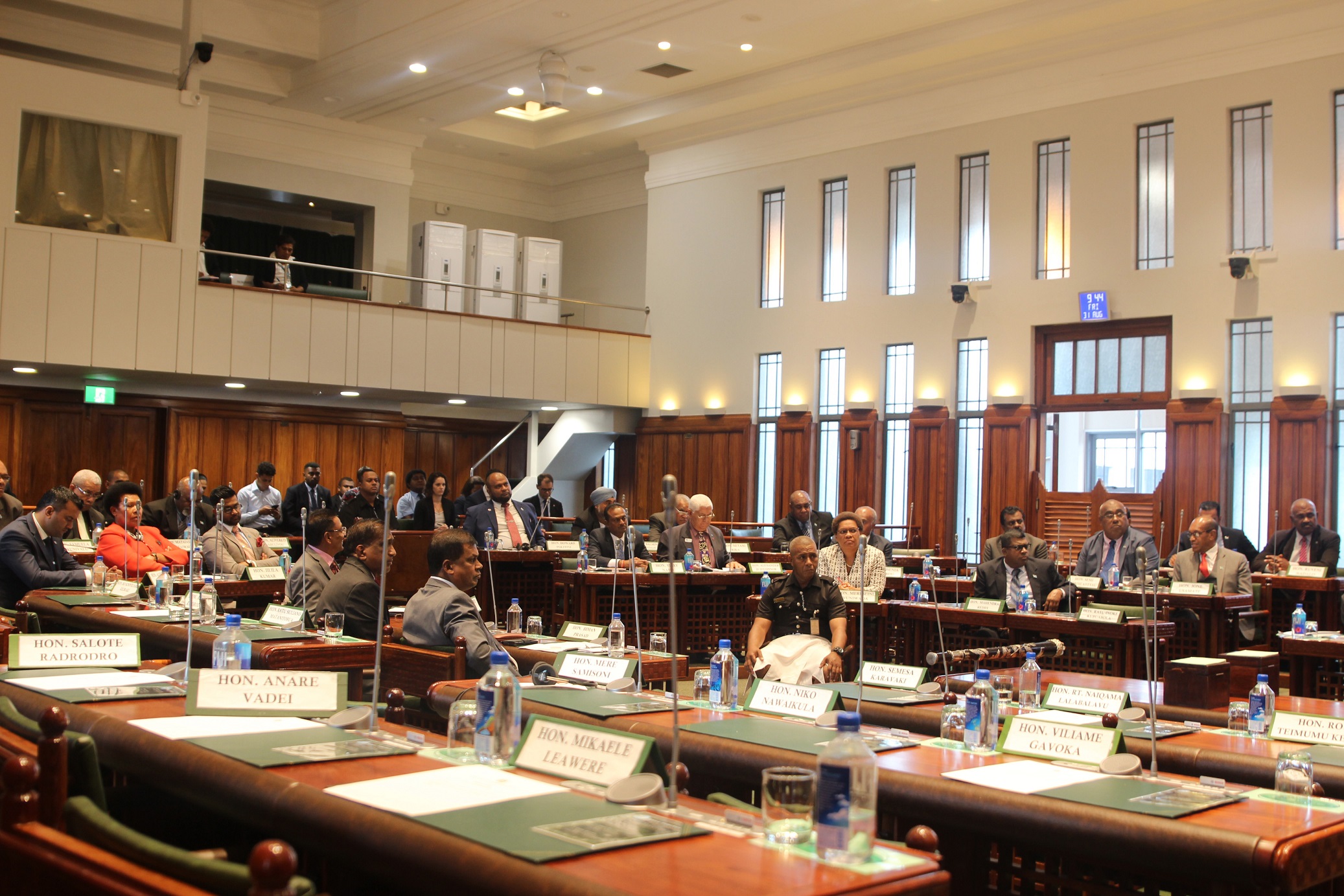WHEN members of Parliament walkout in order to protest, it is usually giving a message to the House and the people that they are not prepared to sit back and see something passed, says University of the South Pacific academic Dr Neelesh Gounder.
Dr Gounder said yesterday’s walkout by the Social Democratic Liberal Party (SODELPA) parliamentarians was a moot point now.
“However, walking out of Parliament remains an option in most democracies to show dissatisfaction, but usually under extreme circumstances.
“From the statement by SODELPA, it can be reasoned that they were stressing the principle of adhering to the rules and norms of parliamentary processes,” Dr Gounder said.
He said it was important to consider why SODELPA MPs decided to walkout.
“SODELPA is a major political party and it received majority of iTaukei votes in the 2014 election. If this dissatisfaction has been forwarded from their voters, the Government and other parties must take note and listen to their concerns.
“For this reason, it is generally prudent to build a bipartisan approach with dialogue and discussion in key issues such as appointment of the President upon whom the executive authority of the state is vested in.”
He said otherwise, there was a potential the appointment process might remain a sensitive issue, dividing politics and voters into the future.
Suva lawyer Richard Naidu said Section 84 of the Constitution on the appointment of the President was simple enough.
“It says that there will be an election of the President (in Parliament) whenever a vacancy arises in the office of the President (S.84(2)).
“So if there is no vacancy in the office of the President (as far as we know he did not resign), then it must follow that there can be no nominations for President by the Prime Minister and the Opposition Leader (as s.84(3) requires) and no voting. So it certainly appears to me that the ‘election’ which took place today (yesterday) has no legal effect.”
He said the question of whether the President can validly issue a writ of election was a different matter.
“If there was no valid “election” in Parliament then that must mean President Konrote remains in office until the expiry of his term. So all his presidential powers remain until the expiry of his term.”




